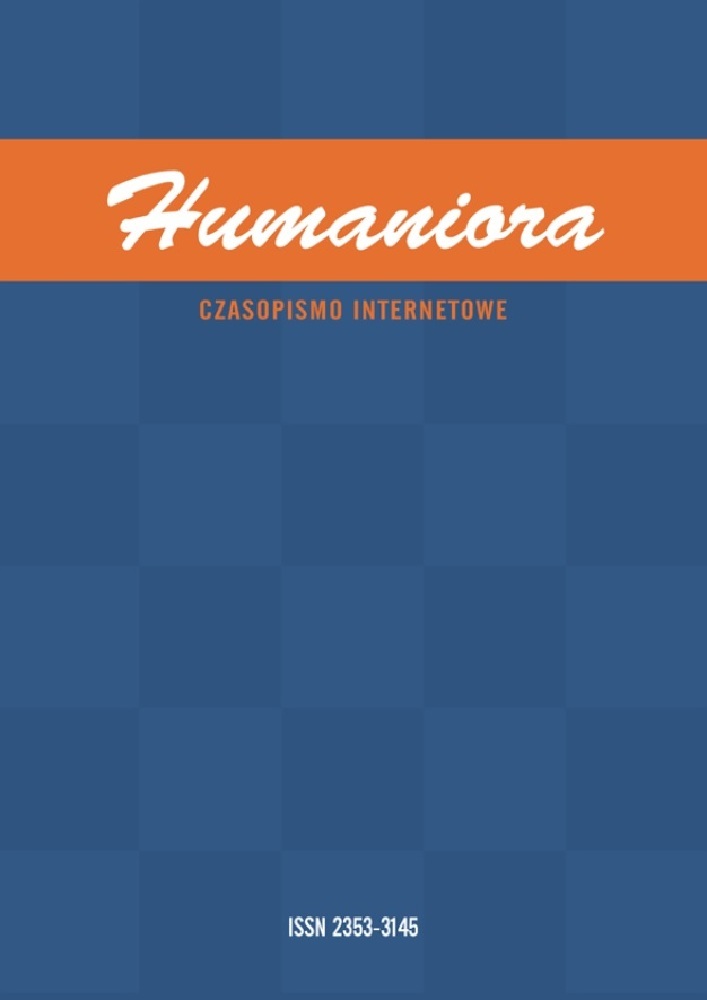Abstrakt
In practice, every researcher of religion faces the issue of such description and explanation of various beliefs and the related practices which have to be localized in a specific place and time. On the otherhand, those of them who make the attempt to present them in a holistic manner must construct such a time clock which might be applied towards those who which they see as historically most significant. Such a scholar was Mircea Eliade. Similar to many other researchers of these beliefs and practices he had faced the problem of finding such a common “denominator” which enables us to present not only what is dividing them but also what joins them. In the latter case it had been personified by the religious persona (homo religiosus), who independently from place and time could achieve a state of such perfection which would allow eternal existence. Its main issue is based on the fact that he can only realize this desire in a specific place and time, and the latter foten becomes a serious threat to him. In Eliade’s view it is the clash between the sacred and the profane. The problem he tried to solve during his many years of research work was based not just on how to show the historical functioning of these two worlds but also how to explain the fact that in Western culture the first one is more and more giving up the field to the latter one. He had used not one but two time clocks – the first one is measuring the sacred time and the other the secular one. It is however discussable in what extent these measurements are accurate or (what is basically the same issue) if those clocks are well constructed.
Bibliografia
Banaszak M. ks., Historia Kościoła katolickiego. Czasy najnowsze 1914–1978, t. 4, Akademia Teologii Katolickiej, Warszawa 1992.
Bonner G., St. Augustine of Hippo. Life and Controversies, The Canterbury Press, Norwich 1986.
Brecht M., Martin Luther, vol. 1: His Road to Reformation, 1483–1521, vol. 2: Shaping and Defining the Reformation, 1521–1532, vol. 3: The Preservation of the Church, 1532–1546, Fortress Press, Philadelphia 1985–1999.
Courtois S. i in., Czarna księga komunizmu. Zbrodnie, terror, prześladowania, Prószyński i S-ka, Warszawa 1999.
Dudley G., Religion on Trial: Mircea Eliade & His Critics, Temple University Press, Philadelphia 1977.
Eliade M., Historia wierzeń i idei religijnych, t. I–III, Instytut Wydawniczy Pax, Warszawa 1994–1997.
Eliade M., Aspekty mitu, KR, Warszawa 1998.
Eliade M., Sacrum i profanum. O istocie religijności, KR, Warszawa 1999.
Eliade M., Traktat o historii religii, KR, Warszawa 2000.
Luter M., Tezy, w: Myśl filozoficzno-religijna reformacji XVI wieku, red. L. Szczucki, PWN, Warszawa 1972.
Religion and Reductionism: Essays on Eliade, Segal, and the Challenge of the Social Sciences for the Study of Religion, red. T.A. Idinopulos, E.A. Yonan, Brill Publishers, Leiden 1994.
Wooden C., Lutheran World Council OKs joint declaration on justification, „The Pilot”, 19 June 1998, no. 20.
Licencja

Utwór dostępny jest na licencji Creative Commons Uznanie autorstwa – Bez utworów zależnych 4.0 Międzynarodowe.
Czasopismo oraz wszystkie zamieszczone w nim materiały są powszechnie dostępne i mogą być wykorzystywane do celów naukowych, edukacyjnych, poznawczych i niekomercyjnych bez konieczności uzyskiwania każdorazowej zgody autorów i redakcji. Nadesłanie artykułu do publikacji traktowane jest jako zgoda autora na udostępnienie swojej pracy i informacji w niej zawartych do powyżej wymienionych celów. W takich przypadkach należy jedynie wskazać źródło, z którego zaczerpnięte zostały informacje. Pobieranie opłat za dostęp do materiałów zawartych w czasopiśmie lub ograniczanie do niego dostępu jest zabronione.
Przesyłane do redakcji teksty muszą stanowić oryginalne prace, uprzednio nigdzie niepublikowane ani nie przedkładane innym redakcjom lub wydawcom. Autorzy nadsyłanych artykułów ponoszą odpowiedzialność za uzyskanie zezwoleń na publikowanie materiałów, do których prawa autorskie są w posiadaniu osób trzecich. Publikacja materiałów chronionych prawem autorskim jest możliwa pod warunkiem uprzedniego dostarczenia przez autora do redakcji pisemnej zgody właściciela praw autorskich.





